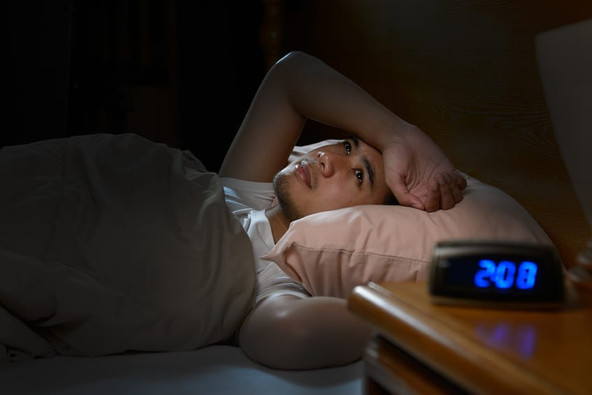Nov 3rd 2025
Sleep and Viral Infections
Although these stressful times can lead to sleepless nights, it’s important for all kinds of health reasons to make the effort to get enough good quality sleep. But the most pertinent reason right now is that it helps prevent viral infections. But how much sleep do you need to avoid getting a cold or perhaps COVID-19? According to a 2015 study, the answer is more than 6 hours a night. While poor sleep and not getting enough sleep had been implicated before in increased susceptibility to infectious illness, prior studies relied on subjective measures—that is individuals’ own assessments of their experience. This study was different in that it used an objective measure called wrist actigraphy to assess occurrences of the common cold after the researchers gave 164 healthy participants nasal drops containing the rhinovirus. Like COVID-19, the common cold is a coronavirus that infects the respiratory system. The study’s conclusion? Less sleep increased ris…
read more Fuel your life with the purest vitamins
Fuel your life with the purest vitamins

